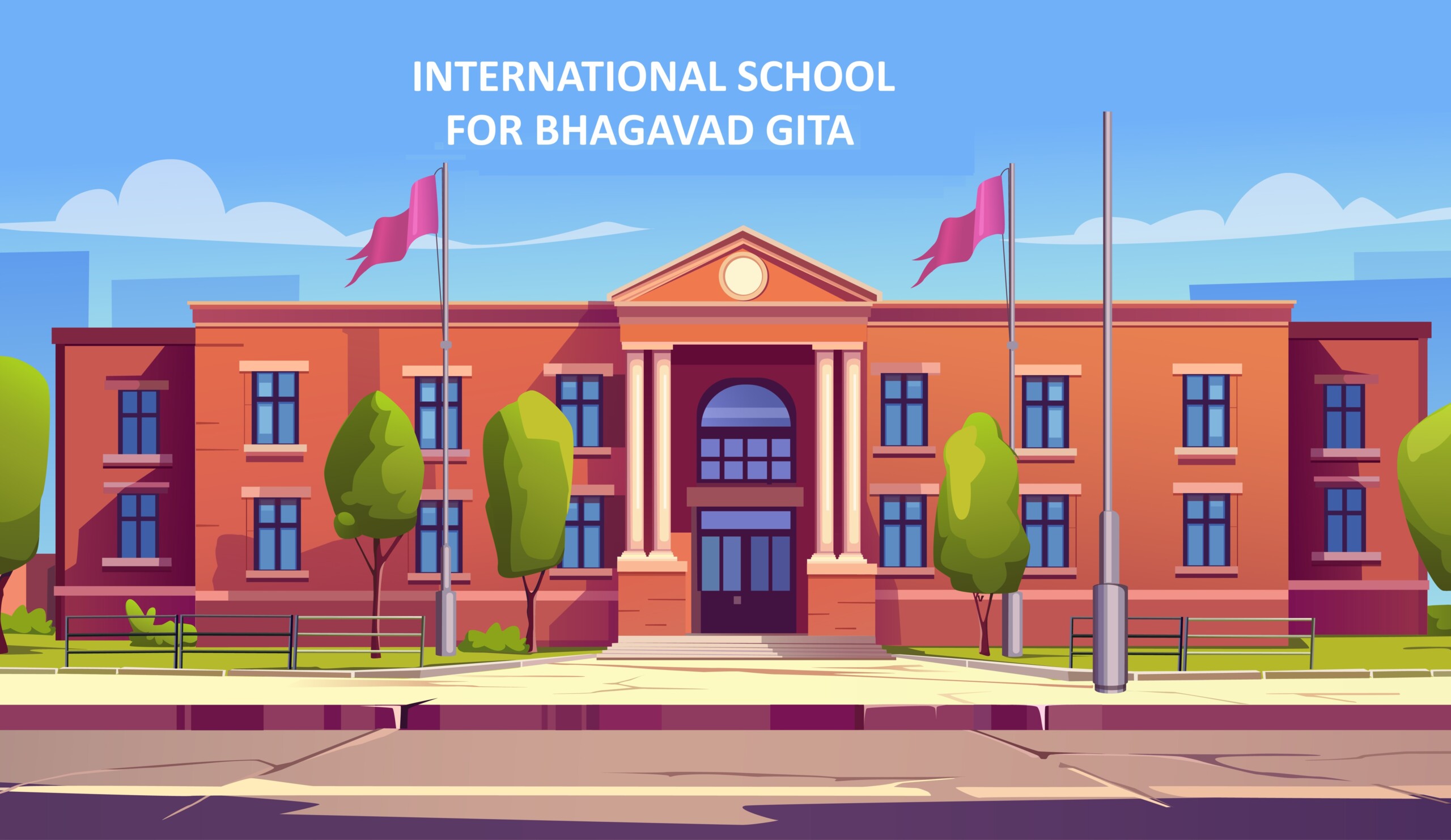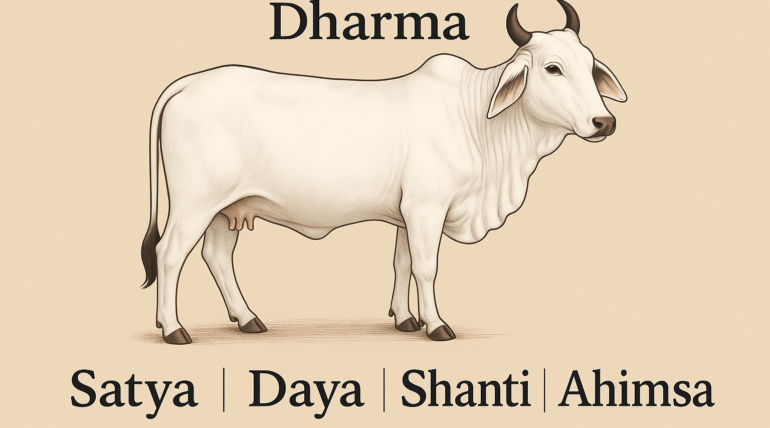1. The Unity Behind the First Five Questions
What unites the first five questions, and how is this unity addressed in the sixth?
The first five questions revolve around life (prāṇa) and mind (manas), both being distinct. Life is not mind, and mind is not life. Each defines the person individually and does not pervade the other. The sixth question discusses the soul (ātmā), which is pure consciousness. This consciousness pervades both life and mind—it is through this awareness that one recognizes mind as mind and life as life. Without consciousness, neither exists. Like gold taking the form of ornaments, consciousness permeates and supports both.
2. Sakala and Akala: Two Modes of Purusha
What is meant by “Purusha Kala”? If Purusha (the Self) is one, how do Sakala and Akala arise?
Purusha is pure, undivided consciousness. When it remains whole and undivided, it is called akala (without parts). When consciousness is perceived through distinctions such as body, mind, and soul, it becomes sakala (with parts). The former relates to the ultimate truth (tantra of the object), while the latter pertains to intellect-based perception (buddhi tantra).
3. Ignorance and the Illusion of Division
What causes the undivided (akala) to appear as divided (sakala), and what is the proof?
The cause is ignorance (avidyā), or the mistaken identity that “I am this body-mind-soul.” This illusion leads to experiencing oneself as a composite of parts. The persistent identification with body, mind, and soul is proof of this false self-concept.
4. Are Faculties Inherent to Consciousness?
Are the arts or faculties inherent to consciousness, or are they contingent?
Consciousness is complete knowledge. Its inherent nature is awareness. The arts (or faculties) that arise from it are not intrinsic but contingent—they appear due to sensory contact and vanish without it. Consciousness, however, remains constant.
5. Why Only Knowledge is Real in Advaita
On what basis does Advaita claim that only knowledge is real, and the world is not?
Knowledge is self-evident—it knows itself and reveals other things. Something is said to exist only if it can be known. The world exists only in relation to knowledge; hence, it has no independent reality. The individual soul’s knowledge, when expanded, is the knowledge of God. Narrowed, it becomes limited to the individual (jīva).
6. Scientific Rejection of Reality vs. Advaita
Scientists also claim that the world is not real. How does their view differ from Advaita?
While both assert the world’s unreality, scientists regard knowledge as specific and empirical, whereas Advaita considers knowledge as universal and undivided. Scientific knowledge is compartmentalized, while Advaita’s is all-encompassing. Therefore, Advaita claims that even if the world appears, it is just a manifestation within consciousness.
7. Deep Sleep and the Seeming Absence of Knowledge
If knowledge always exists, why does it seem absent in deep sleep or death?
Knowledge is the criterion for experience. One cannot claim something exists without knowing it. In states like deep sleep or death, knowledge isn’t absent—it’s unexpressed due to the inactivity of instruments (senses and mind). The absence of expression is misinterpreted as absence of experience.
8. Infinite Regress and the Stability of Advaita
What is anavasthā (regress), and why doesn’t it apply to Advaita but applies to Buddhist thought?
Anavasthā refers to the fallacy of infinite regress due to the absence of permanence. Buddhism accepts momentary knowledge, which leads to incompleteness. Advaita, on the other hand, posits a singular, universal knowledge that includes all distinctions, thus avoiding regress and maintaining continuity even through life and death.
9. Doership and Enjoyership in Sankhya vs. Advaita
Why does Advaita reject the Sāṅkhya idea that nature is the doer and the soul is the enjoyer?
Sāṅkhya admits nature is involuntary, thus lacking agency. Without will, there can be no action. The soul is considered detached, so it cannot be the enjoyer either. For an experience to occur, there must be identification. In Advaita, both doership and enjoyment must reside in the same consciousness—not split between matter and spirit.
10. Creation Without Change: The Vivarta View
If God creates the world, doesn’t that imply a change in consciousness?
Creation is not a transformation of consciousness. Rather, it is a vivarta—an apparent transformation. Consciousness remains unchanged, merely appearing as creation. This resolves the paradox of an unchanging God and a changing world.
11. Self-Evidence of Knowledge
If knowledge doesn’t know itself, what is the point of its existence?
There are two types of knowledge: specific and general. Specific knowledge might not recognize itself, but general knowledge does—it is self-evident. Even if it doesn’t explicitly know itself, its presence proves its existence. It doesn’t need validation.
12. Why the Upanishads Speak of Consciousness in the Body
If infinite consciousness is everywhere, why do the Upanishads say it’s in the body?
Although consciousness is universal, it must be experienced. The gross and causal bodies cannot grasp it; only the subtle body, especially the mind, can. When the mind becomes still, focused on one object, it reflects the Self. Hence, the Upanishads mention the Self is in the body—not to limit it, but to indicate where it is realized.
13. Symbolism of Sixteen Arts from Male Consciousness
If art and occupation are the same, why is it said that sixteen arts came from male consciousness?
The male consciousness symbolizes the universal source. The sixteen arts represent the expressions of that source, including the world and the experiencing individual. They’re listed in sequence to explain the evolution of the manifest world and aid spiritual ascent.
14. Fragmented Knowledge and the Illusion of Duality
How does duality arise if both knowledge and its object are said to be the same?
When knowledge appears fragmented (as in various skills), it becomes dualistic. But these fragments are only appearances (abhāsa) of the one knowledge. Just as gold appears as various ornaments but remains gold, knowledge appears as many, but is fundamentally one.
15. The Reality Behind Appearances
What is the relationship between object and appearance?
An object is self-evident reality. Its appearance (abhāsa) is a projection within it. The soul is the object; the world is its appearance. If we take the object itself as an illusion, then there’s no foundation for the appearance either. Hence, the object (Self) is real, and the world is its appearance.
16. The Soul’s Journey Back to Itself
Why does the soul appear as the non-self, and how can it return to its true nature?
The all-pervading Self (akal sakala) appears limited (sakala) due to ignorance. This ignorance projects false distinctions. By turning attention inward—through the guidance of a Guru—one realizes that both the inner self and the outer world are manifestations of the same consciousness. This realization dissolves the illusion of duality and leads to liberation.



